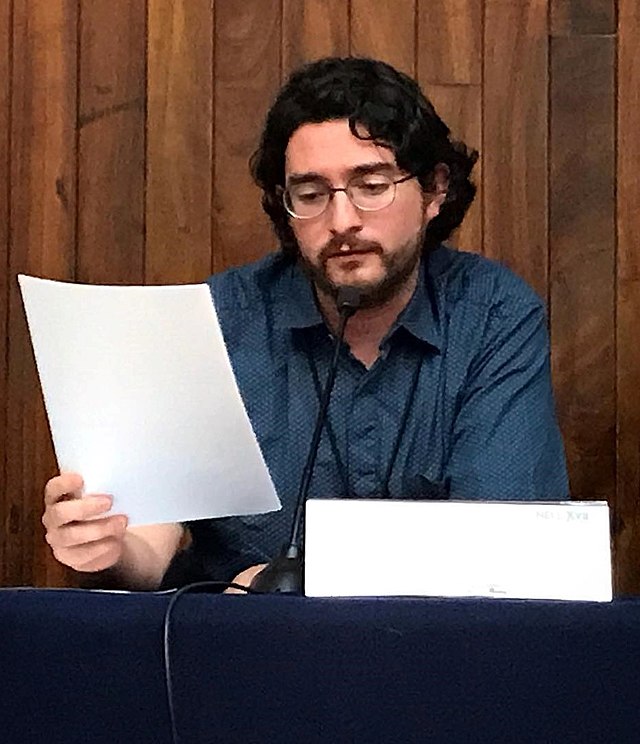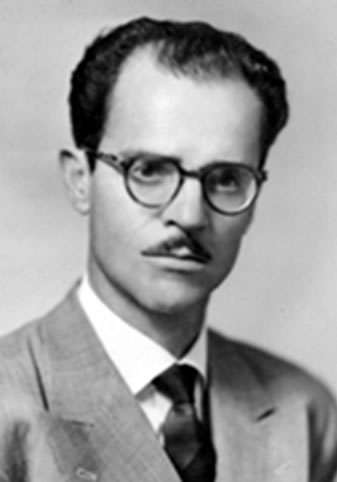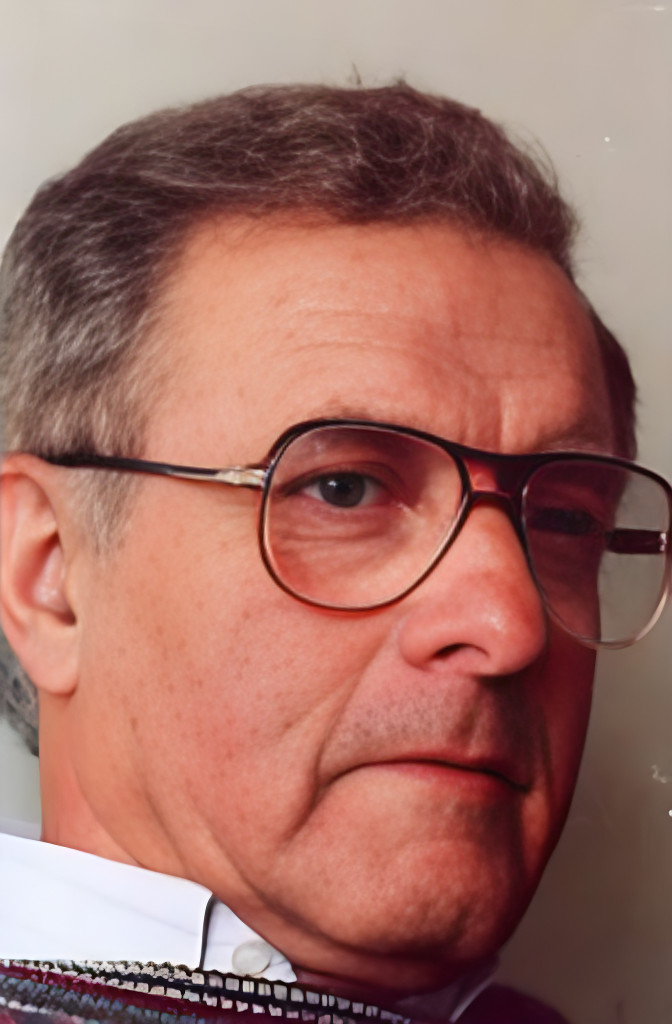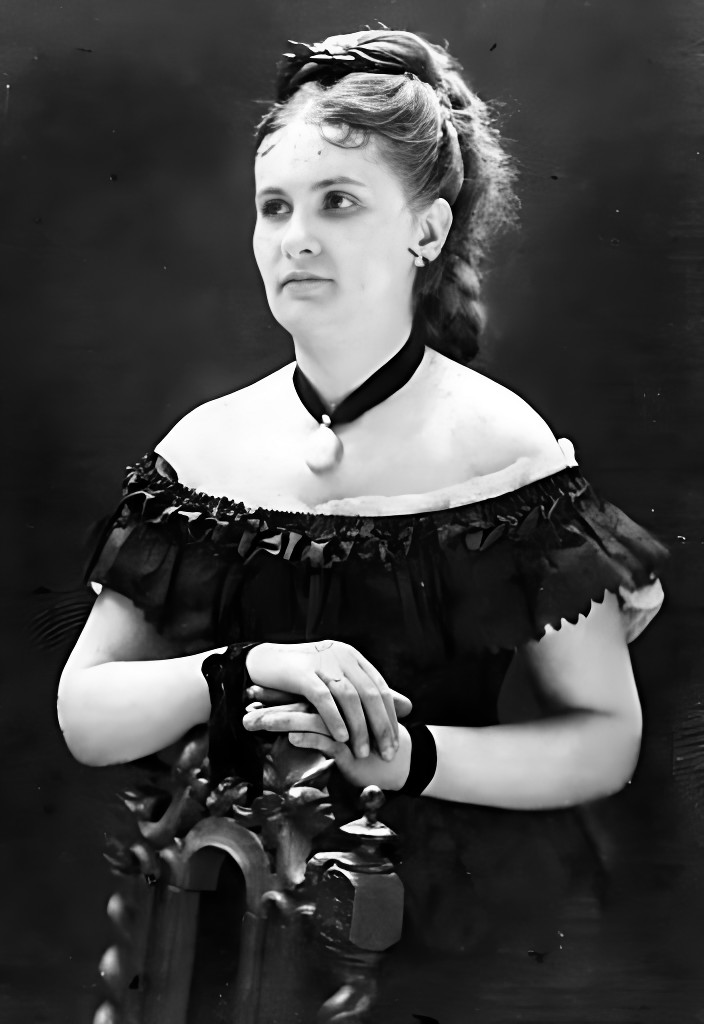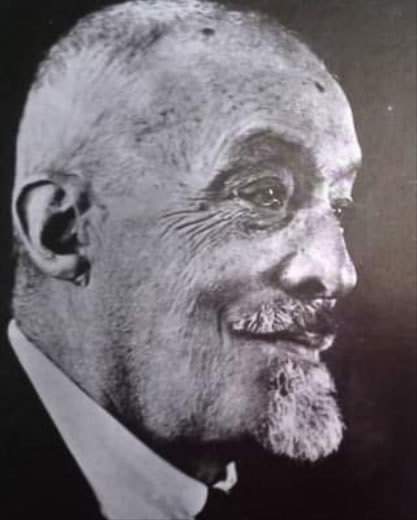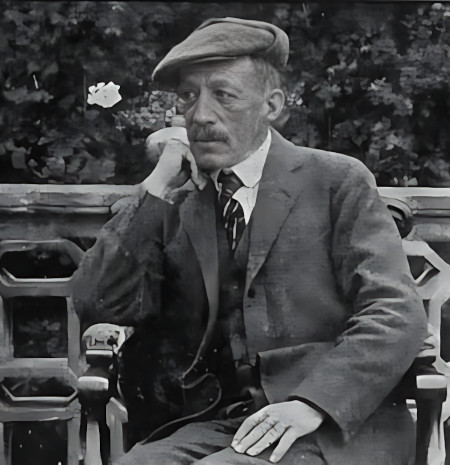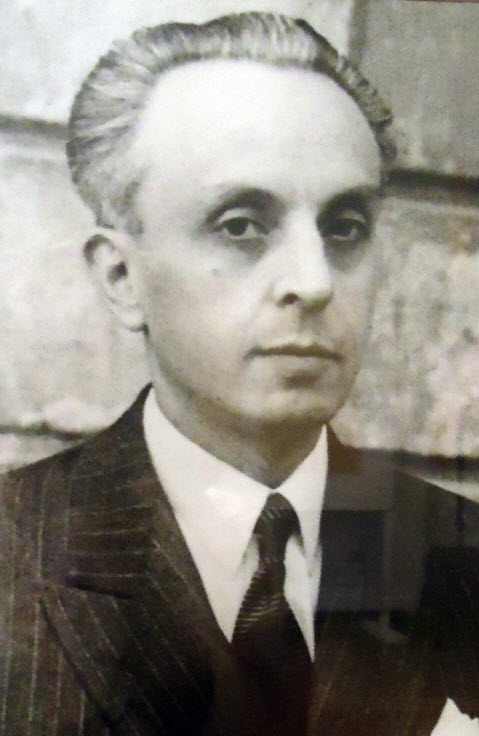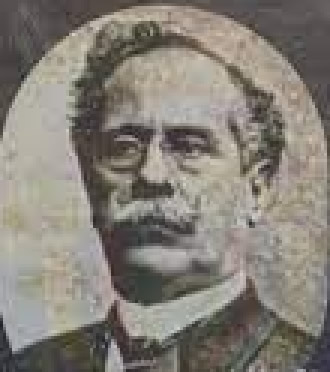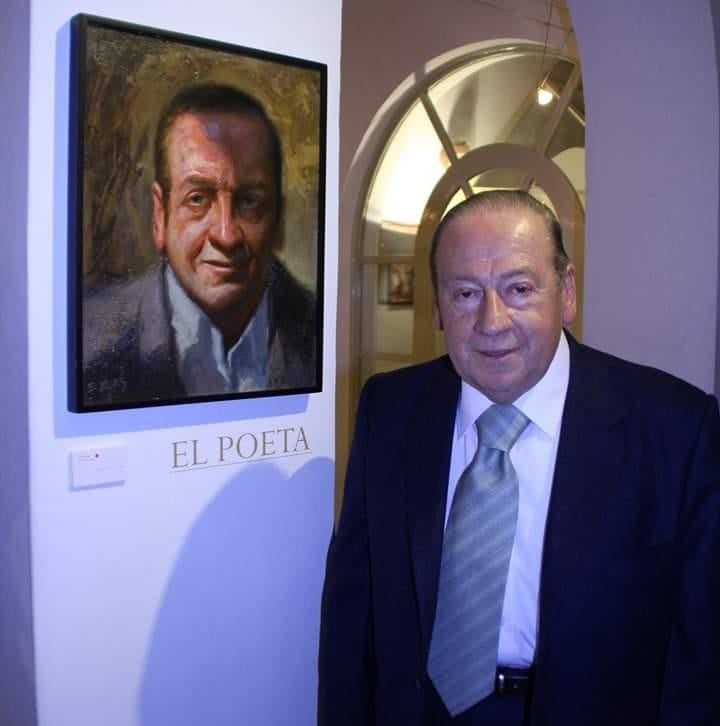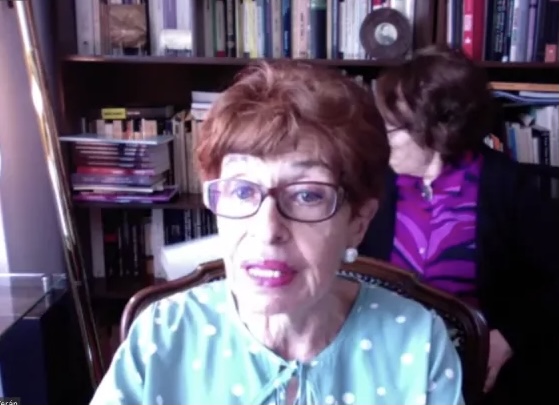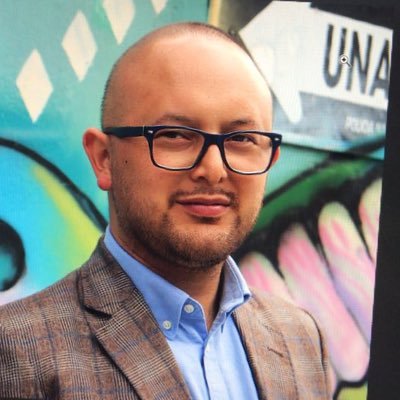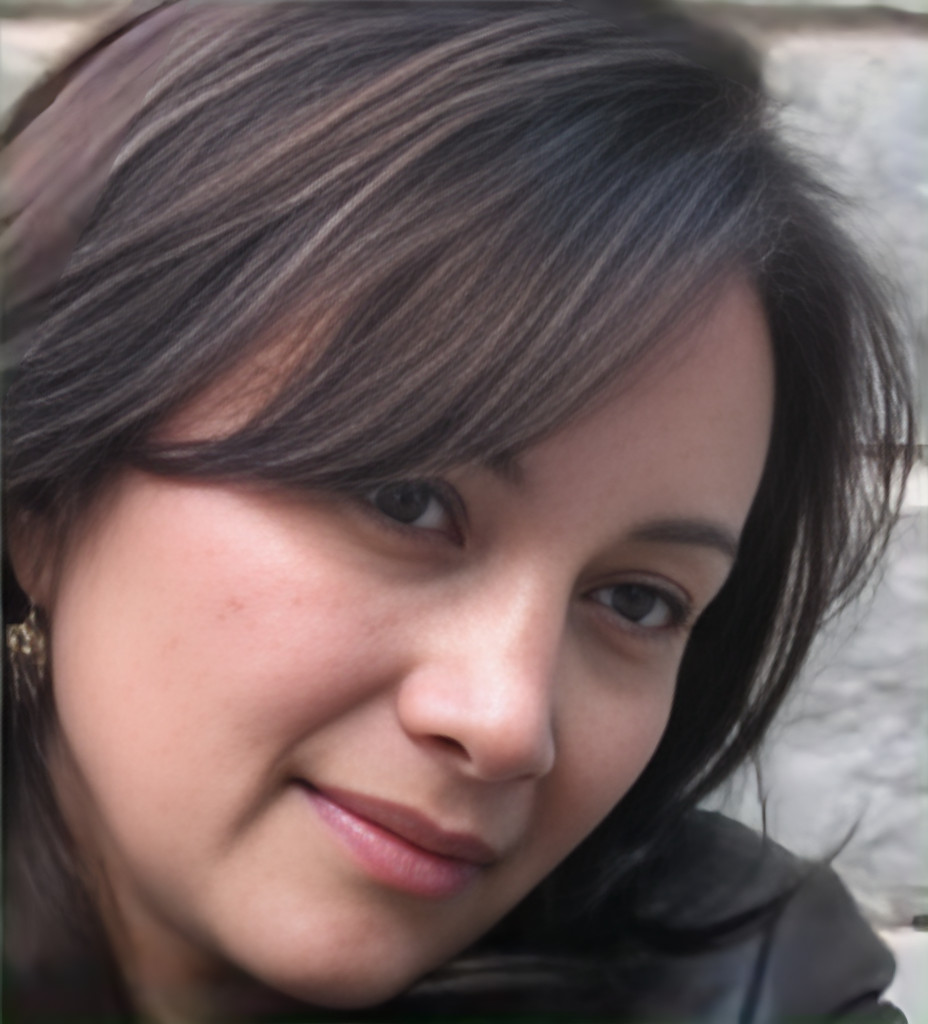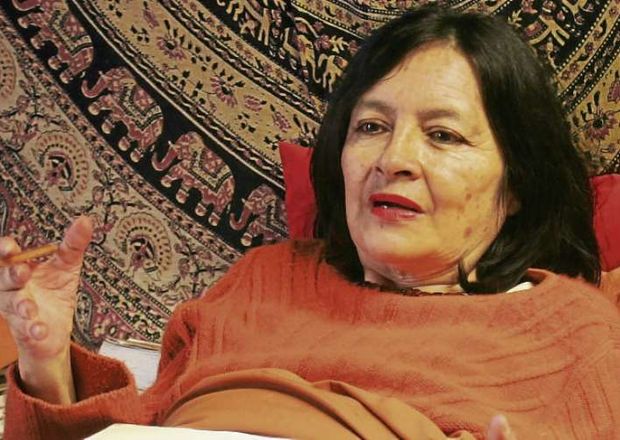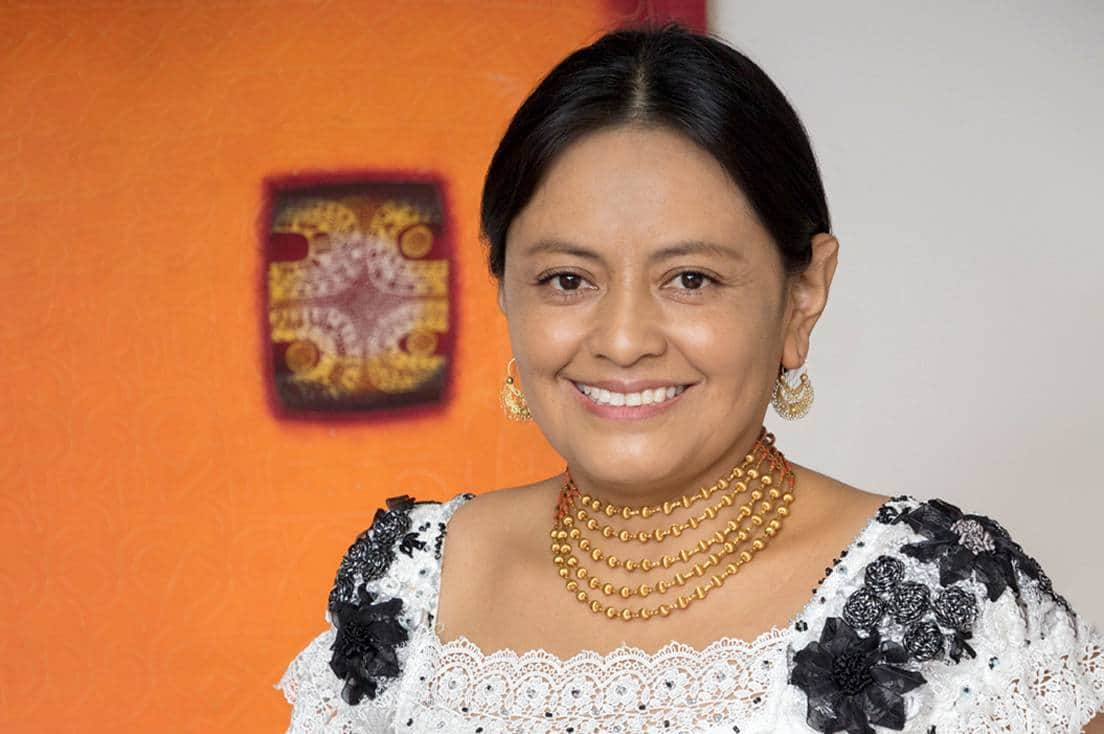Juan Romero Vinueza (Quito, 1994) is an Ecuadorian poet and editor. He has published the following poetry books: “Revólver Escorpión” (2016), “39 poemas de mierda para mi primera esposa” (2018), and “Dämmerung [o cómo reinventar a los ídolos]” (2019), which was given Honorable Mention in the 2019 Jorge Carrera Andrade National Poetry Award. He co-edited the anthology “Despertar de la hydra: antología del nuevo cuento ecuatoriano” (2017) with Abril Altamiro, which won the Ecuadorian Ministry of Culture and Heritage’s 2016-2017 Competitive Funds incentive. He and Kimrey Anna Batts edited and translated “País Cassava / Casabe Lands” (2017), a binational anthology of stories from Ecuador and Nigeria. In 2021, a collection of his poetry was published in an anthology titled “Ínfimo territorio kamikaze.”
Month: July 2022
Cristina Reyes
Cristina Reyes, born Cristina Eugenia Reyes Hidalgo (Guayaquil, August 26, 1981) is an Ecuadorian lawyer, legislator, politician, former beauty contestant, and poet. Since 2000, Reyes has published 4 poetry collections. She was the first runner-up in the Miss Ecuador 2004 pageant, and she also competed in Miss World 2004 in Sanya, China, and Miss Earth 2005 in Quezon City, Philippines. She has worked as a show host for TC Televisión, Telesistema (now RTS), Telerama, and Ecuavisa. Her first television appearance as a reporter was on the show Ventana a la Calle, which was hosted by Kenneth Carrera, who was later replaced by Reyes after he became involved in politics. She served in Ecuador’s Constituent Assembly as a member of the Social Christian Party from 2007 to 2008, and has also served as an assemblywoman in Ecuador’s National Assembly. She is currently an Andean Parliamentarian of Ecuador and Vice President of the Education Commission.
Continue reading “Cristina Reyes”Rodrigo Pachano Lalama
Rodrigo Pachano Lalama (Ambato, August 7, 1910 – June 20, 1984) was an Ecuadorian lawyer, writer, poet, journalist, historian, researcher, and teacher. He was elected mayor of Ambato in 1955 for a period of 2 years. He authored Tungurahua’s Hymn, several poetry books, and essays, including one about Juan Montalvo. Throughout his life, he received numerous decorations and distinctions. In one of his books, the Spanish writer and Nobel Prize winner Camilo José Cela recalls meeting the “poet Rodrigo Pachano” during a visit to Ambato in 1954. He founded the Tungurahua chapter of the House of Ecuadorian Culture with other Ambato intellectuals such as Edmundo Martínez, Jorge Isaac Robayo, Rodrigo Vela, Blanca Martínez de Tinajero, and Gerardo Nicola. He was the organization’s president for several years.
Continue reading “Rodrigo Pachano Lalama”Mario Cobo Barona
Mario Cobo Barona (Ambato, September 10, 1930 – Ambato, April 16, 2007) was an Ecuadorian poet, playwright, essayist, and educator. He wrote over 30 books in different genres. The Ecuadorian House of Culture published an anthology containing the majority of his poetic works. He held various posts in Ecuador in the field of education, such as Vice Minister of Public Education, Provincial Director of Education of Tungurahua, and Rector of the Rumiñahui National School, to name a few. He received several accolades and recognitions for his work as an educator. On July 31, 1997, he became a corresponding member of the House of Ecuadorian Culture. On January 17, 2002, he was honored with full membership into the academy.
Continue reading “Mario Cobo Barona”Dolores Sucre
Dolores Sucre y Lavayen (Guayaquil, November 1837 – Guayaquil, June 5, 1917) was a writer, poet, and a descendant of South American independence leader Antonio José de Sucre (1795-1830). In 1883, she recited her poems at the Centenary of the Liberator’s Birth and the inauguration of the statues of Simón Bolívar and Vicente Rocafuerte. On December 9, 1905, Ms. María Sánchez Urbina presented her with the Golden Lyre at the Olmedo Theater in Guayaquil, and the poet Numa Pompilio Llona dedicated a sonnet to her entitled “A Dolores Sucre,” to which Dolores modestly recited her poem “Mi Gratitud.” Her prolific literary work was published in Ecuador’s main newspapers and magazines, and she was admired in Peru by literary personalities such as Ricardo Palma, Carlos G. Amézaga, Teobaldo Corpancho, and Clorinda Mattos de Turner.
Continue reading “Dolores Sucre”Augusto N. Martínez
Augusto Nicolás Martínez Holguín, aka Augusto N. Martínez (Ambato, March 25, 1860 – March 19, 1946) was an Ecuadorian volcanologist, geologist, agronomist, scientific explorer, historian, writer, translator, and educator. His works contributed to the geological knowledge of the volcanic region in Ecuador. They include: “Crónica de los fenomenos volcánicos y terremotos en el Ecuador” [Chronicle of the Volcanic Phenomena and Earthquakes in Ecuador] (1896), “Algunas montañas volcánicas” [Some Volcanic Mountains] (1905), and “Vulcanologia y geología de los Andes ecuatorianos” [Volcanology and Geology of the Ecuadorian Andes] (1905). He also left a great legacy of photographs of the volcanoes he visited, which later were a great help to other climbers. His other works include themes such as science, history, scientific research, and exploration. He was a corresponding member of the National Academy of History, the Deutsche Gesellschaft für Geowissenschaften [German Geological Society], and the Société astronomique de France [French Astronomical Society]. He was fluent in English, French, and German, as well as his native Spanish. He translated several works from German and French into Spanish, particularly the valuable writings of his mentor Father Luis Dressel, with whom he ascended to some mountains and volcanoes in Ecuador. In 1920, he was honored by the French Academy of Sciences for his work.
Continue reading “Augusto N. Martínez”Anacarsis Martínez
Anacarsis Martínez Holguín (Ambato, July 16, 1862 – Ambato, April 1930) was an Ecuadorian writer, satirist, journalist, and politician known for his liberal activism and pioneering efforts in Ecuador’s early wine industry. Born into a prominent family, he was influenced by European intellectual traditions and pursued his education with the Jesuits in Quito. Martínez co-founded the anarchist newspaper El Combate and later launched La Avispa, a satirical publication that sharply critiqued Ecuador’s political elite. Throughout his career, he held positions as Deputy and Governor of Tungurahua, and although he was offered ministerial posts, he declined them, preferring independence. His work extended to managing the family’s Catiglata vineyard, where he applied winemaking techniques he had studied in France. Martínez’s writings, including his satirical novel El desfalco, provided pointed commentary on Ecuadorian society, solidifying his legacy as a bold voice for liberalism in early 20th-century Ecuador.
Continue reading “Anacarsis Martínez”José Rumazo González
José Rumazo González (Latacunga, August 28, 1904 – February 26, 1995) was an Ecuadorian writer, philosopher, historian, and poet. He is the author of the celebrated poem “Parusia,” an epic poem that he began writing in 1956 that spans 5,600 pages in 7 volumes. It is one of the longest epic poems in recorded history, with nearly 220,000 verses. It is longer than the Mahabharata by Vyasa, the Ramayana by Valmiki, the Iliad and Odyssey by Homer, and the Aeneid by Virgil. He served as Ecuador’s ambassador to Honduras, Argentina, Uruguay, and Panama, in addition to serving as consul in Seville, Cadiz, Lisbon, and Barcelona. He taught History and Castilian at the Eloy Alfaro Military School, and History and Superior Grammar at the Catholic University of Quito. He was a member of the Ecuadorian Academy of Language, the Ecuadorian Academy of History, the Academies of History of Bogota and Madrid, the Ecuadorian House of Culture, the Bolivarian Society, and other organizations and institutions. From 1975 to 1984, he was the director of the Ecuadorian Academy of Language.
Continue reading “José Rumazo González”Francisco Martínez Aguirre
Dr. Francisco Martínez Aguirre (Baba, Ecuador, January 6, 1850 – February 8th 1917) was an Ecuadorian physician, medical professor, statesman, journalist, publisher, editor, caricaturist, and poet. He received his medical degree from the University of Pennsylvania in the United States in 1871, at the age of 21. During his time in the United States, he also became a Freemason. He held several high-level political positions in Ecuador’s government as well as high-level academic positions in Ecuadorian medical schools throughout his life. He worked as a professor at the Medical School of the Central University of Ecuador from 1878 until 1910. From 1898 and 1907 he served as Dean of the Faculty of Medicine of the University of Guayaquil. On November 7, 1885, he founded the satirical weekly “El Perico,” which called attention to issues of the time through poetry, political cartoons, and humor. The newspaper, whose motto was “Each bird cuts his own quill and proceeds,” quickly became popular, perhaps more so than any other newspaper had before. In 1886, for his role as the publisher/editor of “El Perico,” he was arrested and exiled to Peru. In his later years he became a close collaborator of President Eloy Alfaro. In the two critical years preceding President Eloy Alfaro’s murder (1910 and 1911) he was one of five ministers in Eloy Alfaro’s Cabinet, serving as Minister of Defense. After Eloy Alfaro’s murder, he went into voluntary exile in Chile from 1912-1915.
Continue reading “Francisco Martínez Aguirre”Eduardo Villacís
Eduardo Villacís Meythaler (Quito, August 3, 1932 – Quito, May 19, 2013) was an Ecuadorian cardiologist and poet. From 1967 to 2011, he worked for the Andrade Marín Hospital in Quito, first as Head of the hemodynamics laboratory and later as head of cardiology. He was a member of the Ecuadorian Academy of Medicine, and had more than 30 scientific papers published. In 2008, Ecuador’s President awarded him the Eugenio Espejo Prize for his scientific work. As a poet, he published three collections, typically at a gap of decades. His selected poems were collected in the book, “Ajuar de cal,” which was illustrated by his son Eduardo Villacís Pástor and prefaced by the poet Jorge Enrique Adoum. He was a member of the “Grupo Umbral,” one of the most important literary groups in Ecuador, which was founded in 1952.
Continue reading “Eduardo Villacís “Laura Hidalgo Alzamora
Laura Hidalgo Alzamora (Riobamba, November 18, 1937) is an Ecuadorian writer, scholar, literary critic, and professor. She is the author of several books on Ecuadorian literature, such as “La mujer en la literatura ecuatoriana de tradición oral” (1989), “Décimas esmeraldeñas” (1990), and “Un lenguaje desnudo” (1995). From 1989-1990, she was the secretary general of the House of Ecuadorian Culture. Since May 11, 2016, she has been a corresponding member of Ecuador’s Academy of Language. She has lectured on Ecuadorian literature at conferences in Peru, Austria, and the U.S., including Boston, New Mexico and Kentucky. Since 1993, she has been a literature professor at the San Francisco University of Quito (USFQ).
Continue reading “Laura Hidalgo Alzamora”Miguel Molina Díaz
Miguel Molina Díaz (Quito, 1992) is a writer, lawyer, columnist, and college professor. He earned a Masters of Fine Arts (MFA) from New York University (NYU) in Creative Writing in Spanish. He earned his law degree from the Universidad San Francisco de Quito (USFQ). In 2017, he published his book of poems, “Postales,” and in 2020, he published a book of short stories, “Cuaderno de la lluvia.” As a columnist, he received an Honorable Mention in the 2017 Journalistic Excellence Award from the Inter-American Press Association (IAPA), in the Opinion category. His columns have been published in several magazines in Ecuador, such as La Hora, El Comercio, La República, and Mundo Diners.
Continue reading “Miguel Molina Díaz”Desirée Marín Sevilla
Desirée Marín Sevilla (Quito, 1966) is an Ecuadorian poet. Her poetry collection “Almohada sin huella” won the prestigious Jorge Carrera Andrade Prize in Quito in 2010.
Continue reading “Desirée Marín Sevilla”Sheyla Bravo
Sheyla Bravo Velásquez (Quito, 1953 – Quito, June 10, 2011) was a writer, plastic artist, and cultural promoter. In 2009, her complete works “Obra poética completa 1968-2008″ won the prestigious Jorge Carrera Andrade Poetry Prize. She was also the editor of an anthology of erotic poems by 110 Ecuadorian women from 2 centuries entitled, “La voz de eros.” A poem of hers was included in the anthology, “Volcanic Reflections: A Bilingual Anthology of Contemporary Ecuadorian Poetry.”
Continue reading “Sheyla Bravo”Yana Lema
Yana Lema, full name Yana Lucila Lema Otavalo (Peguche, Otavalo canton, Ecuador, 1974) is an Ecuadorian journalist, writer, poet, translator, cultural promoter, and college professor. She writes in Spanish and Quechua. For more than seven years, she worked as a presenter on the RTS Kichwapi newscast and later on Ecuador TV’s Willaykuna newscast. In 2016, she published her story “Chaska” in Quechua and Spanish, and in 2019, her collection of poems “Tamyawan Shamukupani.” Lema has participated in fairs and literary festivals in Quito, La Paz, Havana, Guadalajara, Guayaquil, Medellín, Bogotá, Mexico, and Genoa. In 2021, her poetry book “Tengo hambre de tu boca” won the Jorge Carrera Andrade Prize. She resides in Guayaquil and serves as a professor at the University of the Arts, where she teaches Oral and Latin American Literature.
Continue reading “Yana Lema”
